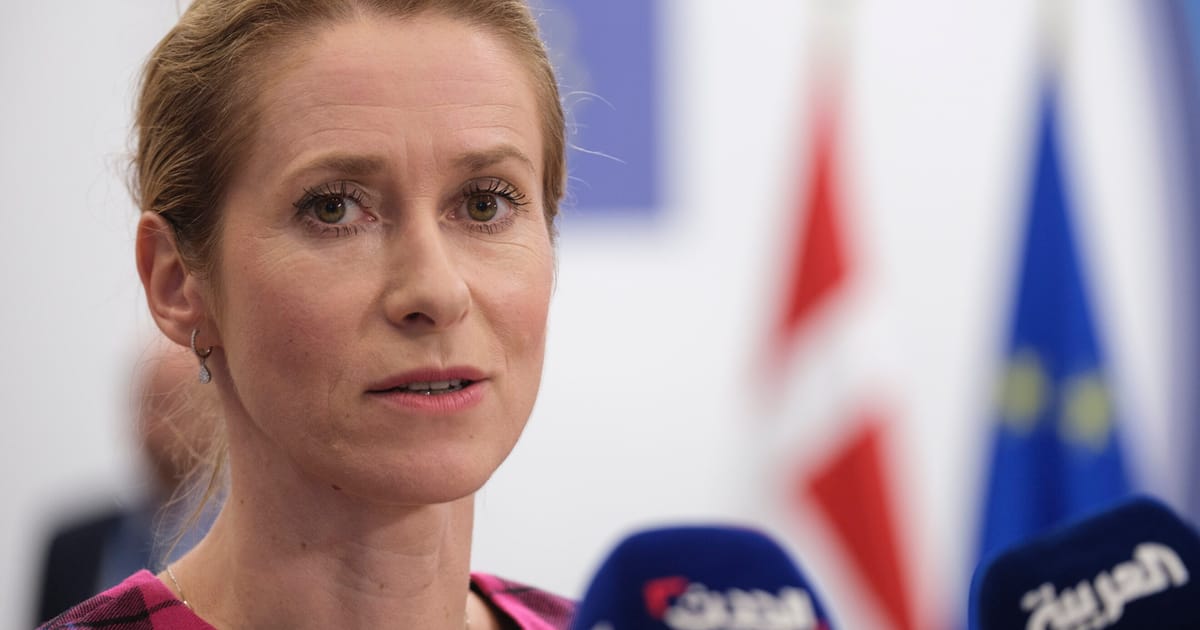

In a global atmosphere rich with both challenges and opportunities for peace, recent developments have highlighted the dynamic nature of conflict and reconciliation across different regions. This piece weaves through the threads of military confrontations, historical reckonings, and diplomatic dialogues, painting a comprehensive picture of the current world stage.
In Eastern Europe, distressing reports have emerged about the ongoing conflict between Russia and Ukraine. Kaja Kallas, a prominent European Union diplomat, has spoken out against Moscow’s alleged use of banned chemical weapons in Ukraine. According to the EU representative, these actions are part of a strategy to inflict significant pain and suffering, potentially aimed at forcing a Ukrainian surrender. The situation presents a pressing concern for international observers and continues to be a focal point for diplomatic discussions on the global stage.
Meanwhile, in Africa, tensions have flared in Sudan, where the paramilitary Rapid Support Forces (RSF) have been accused of carrying out deadly raids in North Kordofan. Nearly 300 people have reportedly lost their lives in attacks that began this past Saturday. Sudanese activists highlight that these actions are taking place in areas without military objectives, pointing to a grave escalation in the civil conflict that has blighted Sudan since April 2023. The violence underscores the fragile state of peace in the region and the complex interplay of military initiatives and civil strife.
Against this backdrop of conflict, there emerges a glimmer of potential reconciliation in West Africa. The French government has expressed a willingness to engage in dialogue regarding reparations for colonial-era atrocities in Niger. More than a century after French forces were implicated in village burnings and cultural lootings during colonial expansion efforts, France now remains open to bilateral discussions with Nigerien authorities. This move, although not accompanied by an acknowledgment of responsibility, signals a tentative step towards addressing historical grievances. France’s openness to provenance research and patrimonial cooperation marks a meaningful, albeit cautious, initiation of a reconciliation process that holds the promise of acknowledging historical injustices.
As we navigate these narratives of conflict and peace, it is essential to acknowledge the broader human dimensions at play. In Ukraine, the alleged use of chemical weapons speaks to the profound human cost of warfare, prompting urgent calls for restraint and intervention. Similarly, the Sudanese conflicts serve as a poignant reminder of the need for sustained international attention and humanitarian assistance in conflict zones.
Simultaneously, France’s dialogue on colonial reparations opens doors for healing historical wounds, emphasizing the importance of context, respect, and collaboration in moving forward. While significant challenges remain, the willingness to engage in such discussions offers hope for future generations to break cycles of conflict through dialogue and understanding.
In conclusion, these stories reflect the diverse and interconnected realities of our world today. They remind us of the crucial role that diplomacy, historical awareness, and a commitment to peace play in shaping a more harmonious future. As we continue to follow these narratives, let us remain hopeful for resolutions that honor human dignity and foster global peace.
Source: {link}
